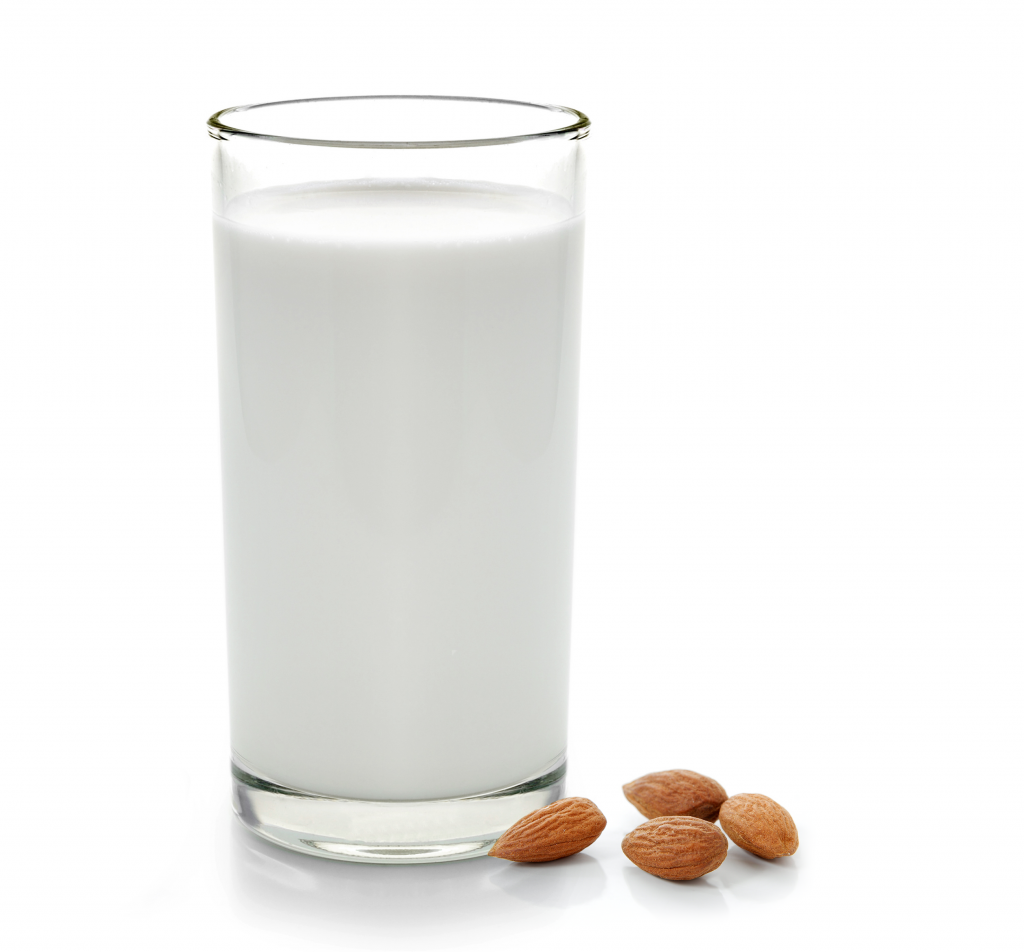An opinion piece in today’s South Florida Sun-Sentinel reveals the truly haughty attitude behind proposed taxes on so-called “junk food”: People are too lazy to figure out food choices for themselves. We’re not making this up.
As the writer puts it:
Anyone can eat healthy cheaply. Many people are just too lazy to try to figure out how, largely because they’ve never had a good reason. A tax on junk could be just the incentive they need.
Just how much of an “incentive” would these taxes be? Not much of one, according to the Los Angeles Times. On Sunday, the Times analyzed the academic research behind junk food taxes and found that the results were rather unimpressive.
Here are some highlights from the academic findings:
A 2008 research paper calculated that a 1-percentage-point increase in a soda tax would reduce the average body mass index by just 0.003 units (i.e. miniscule amounts).
A 2007 paper calculated that a 100% tax on high-fat and low-nutrient foods would reduce BMI by less than .2 points.
A 2004 USDA study of taxes on salty foods concluded that a 10% tax would only translate into less than a pound of weight loss a year.
It’s not just academic, either. The state of Maine enacted a 5.5% snack food tax in the 1990s, which was later repealed by angry voters. However, while the tax was in effect, Maine’s adult obesity rate doubled.
Simply put, the notion that “junk food” is the sole cause of obesity has been largely rejected by academic research. Harvard scientists recently determined that “there was not a strong association” between weight gain and the intake of snack foods.
That’s not to mention that “junk food” taxes are often off-target because there’s no clear definition of what junk food is. Consider this: A new food tax in Illinois covers chocolate bars, but not cookies and cream bars. Trying to levy taxes on ingredients is about as straightforward as rocket science.
Taxes on “government-unapproved” foods are just another attempt by the self-anointed “food police” to try to invade and control private choices. It’s a slippery (or greasy) slope to having politicians make personal decisions about our lifestyles for us.




